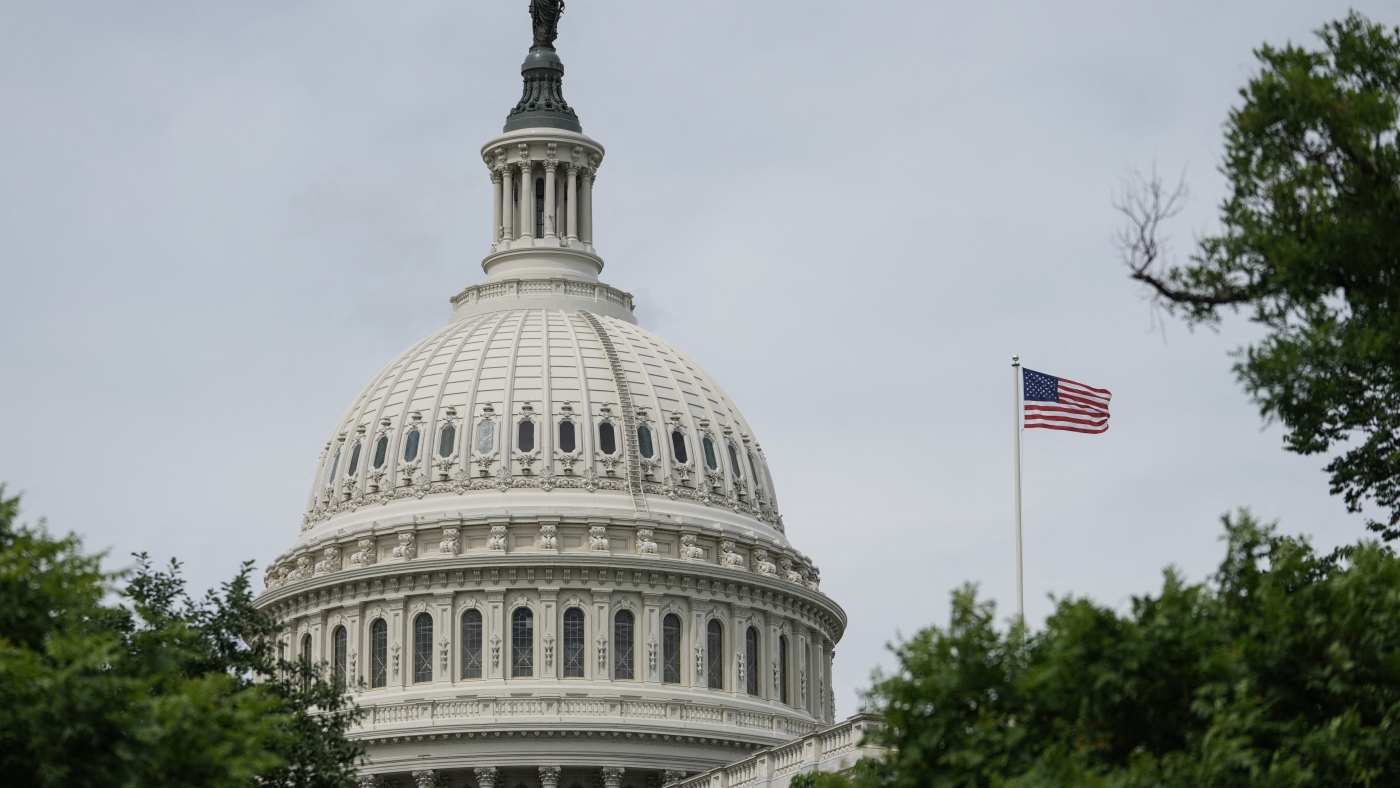The Role of Federal Funding in Combating the Opioid Epidemic
Federal funding has been the backbone of efforts to mitigate the opioid crisis in the United States. The Centers for Disease Control and Prevention (CDC) reported a significant decline in overdose deaths, dropping by 26.6% nationwide from June 2023 to October 2024. This achievement is largely due to federal grants and programs that have bolstered addiction treatment, harm reduction, and overdose prevention initiatives. These programs have equipped communities with the necessary resources to implement effective strategies, turning the tide against the opioid epidemic.
Proposed Funding Cuts and Their Potential Impact
Revocation of COVID-Era Grants
The Trump administration’s proposal to revoke $11.4 billion in COVID-era grants, including funds earmarked for addiction and mental health care, has sparked alarm among public health experts. These grants have been vital in sustaining community-based programs that offer treatment, prevention, and harm reduction services. The withdrawal of these funds could severely limit access to these essential services, jeopardizing the progress made in reducing opioid overdose deaths.
Naloxone Program Cuts
Among the most concerning proposed cuts is the $56 million grant for training first responders in the use of naloxone, a critical overdose reversal drug. Public health experts have hailed naloxone as a “silver bullet” against the opioid epidemic. Reducing this program could impair the ability of first responders to save lives, potentially reversing the gains made in lowering overdose fatalities. Ensuring that first responders are well-equipped to administer naloxone is crucial for maintaining the momentum in combating the opioid crisis.
Medicaid Cuts and Their Implications
Medicaid plays a pivotal role as the largest payer for addiction services in the U.S. Proposed cuts to Medicaid could have catastrophic effects on individuals struggling with opioid addiction. These cuts could severely limit access to treatment programs, counseling services, and medication-assisted treatment (MAT), all of which have proven effective in reducing opioid use and preventing overdose deaths. The loss of these services could lead to increased suffering, uncontrolled addiction, and more lives lost to overdose.
Expert Warnings and Congressional Response
A coalition of over 300 addiction experts, including physicians, harm reduction workers, and researchers, has urged Congress to recognize the dire consequences of cutting addiction funding. They emphasized the critical role of federal funding in reducing overdose deaths, noting that fatal overdoses dropped by approximately 26% in 2024 compared to previous years. This success underscores the effectiveness of current funding initiatives.
Congressional members have also raised concerns about the proposed cuts. The Biden administration established the Office of Recovery to develop strategies for curbing drug overdose deaths, and studies indicate that stronger behavioral health systems and expanded medication access can reduce overdose mortality by 46%. However, these efforts could be undermined by the proposed funding cuts, potentially leading to an increase in overdose deaths.
The Human Cost of Funding Cuts
The impact of these funding cuts extends far beyond statistical data, affecting the lives of individuals and families battling the opioid epidemic. Federal funding supports addiction recovery programs that help individuals rebuild their lives by assisting with medical appointments, crafting résumés, job training, finding housing, and building social connections. Cutting these programs could leave many individuals in crisis, leading to job losses and further strain on families already grappling with addiction.
Conclusion: The Urgent Need for Sustained Investment
The proposed federal funding cuts pose a significant threat to the progress made in combating the opioid epidemic. Federal funding has been instrumental in reducing overdose deaths, and cutting these funds could lead to increased suffering, more lives lost to overdose, and uncontrolled addiction. It is crucial that Congress and the administration prioritize sustained investment in addiction treatment and prevention programs. The lives of millions of Americans hang in the balance. Every second counts in the fight against the opioid epidemic, and every dollar invested in these programs is a step towards saving lives and rebuilding communities.








